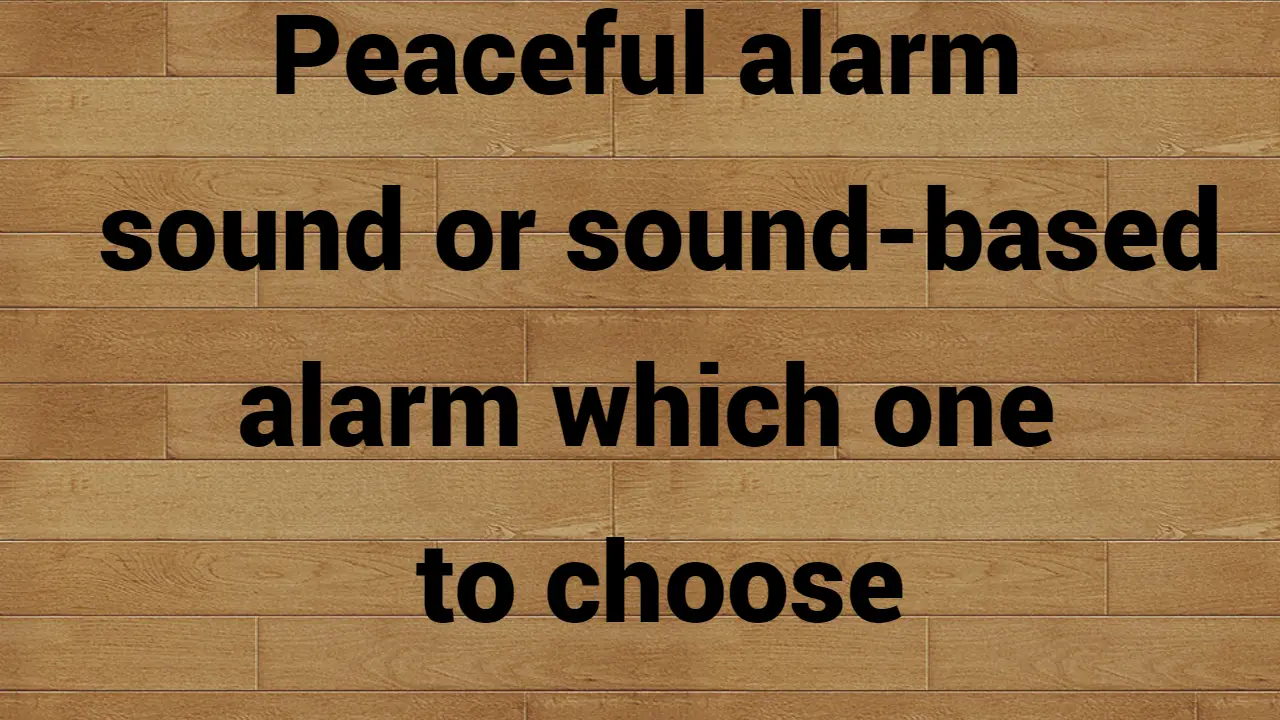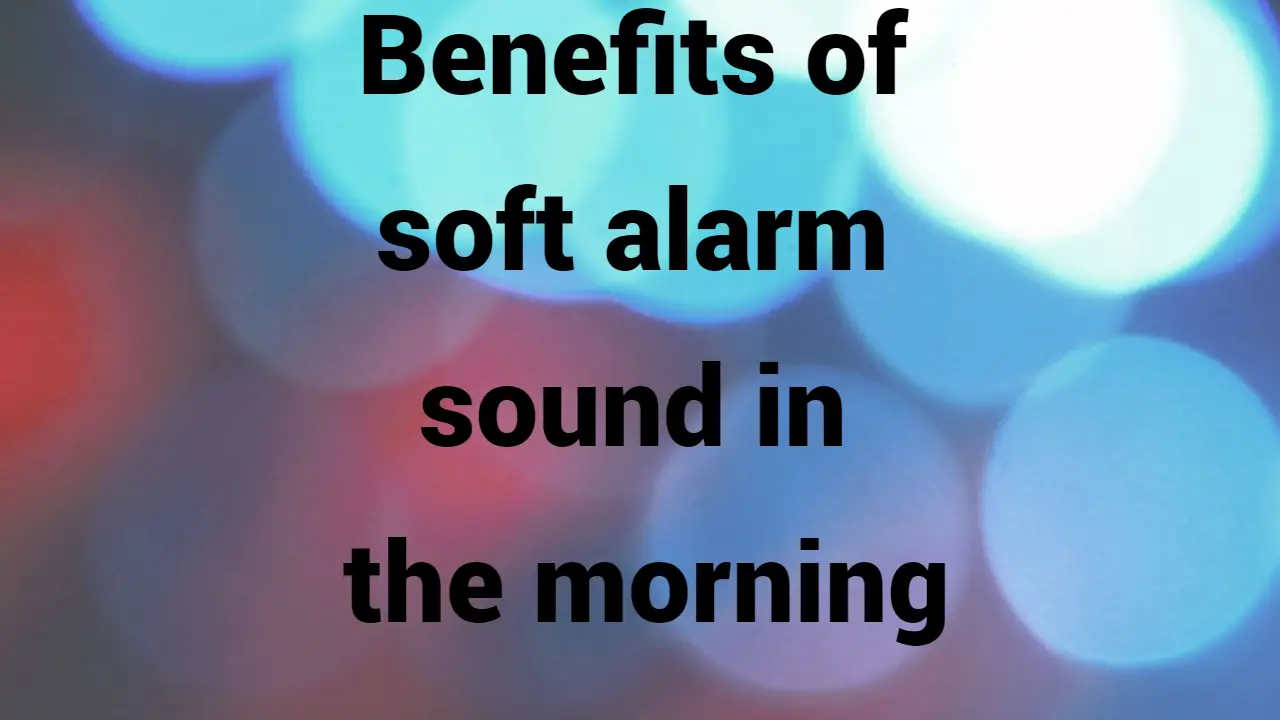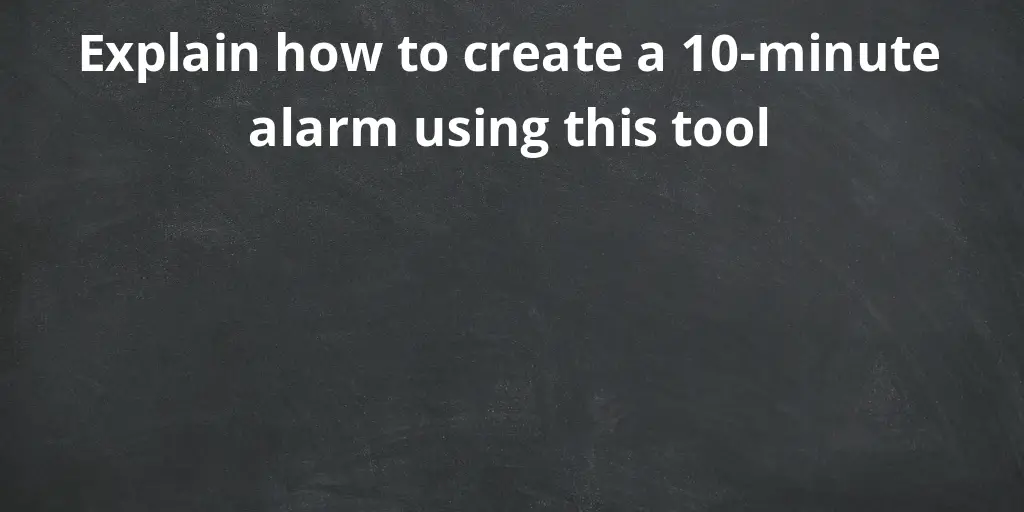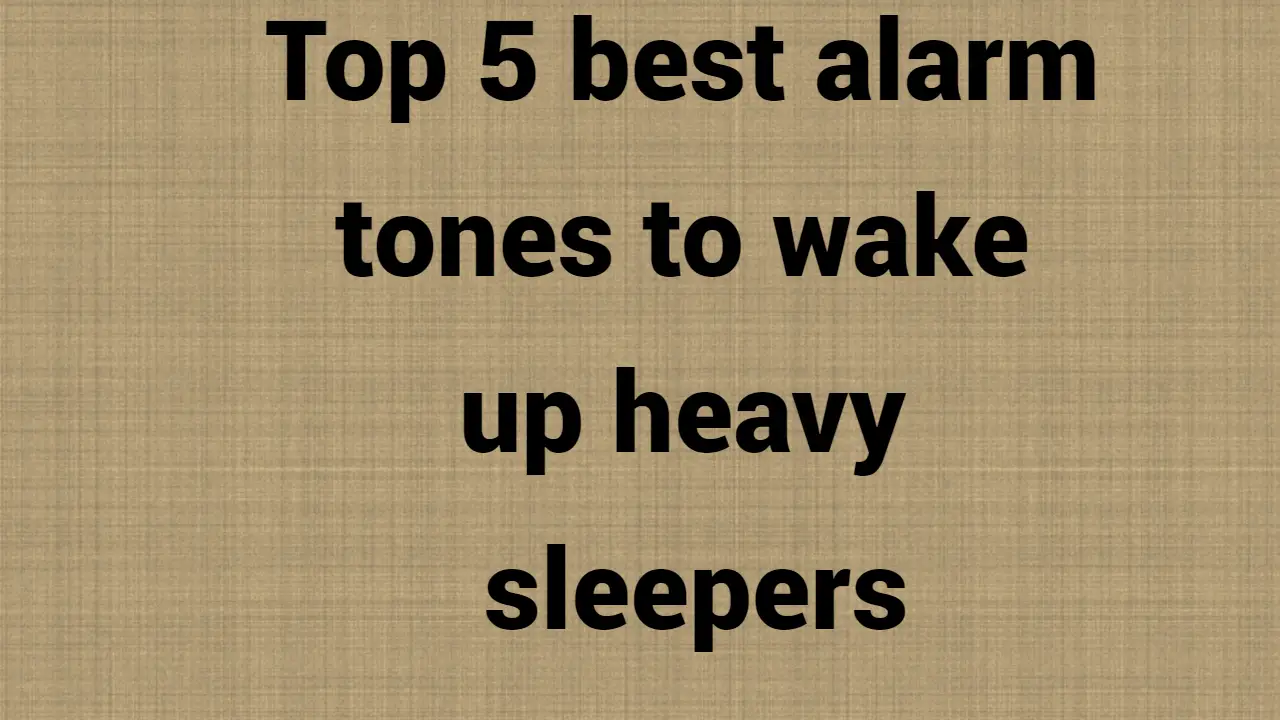How Long Should I Nap?
The length of naps is one important component that influences their impact. We go through a variety of sleep stages every time we fall asleep. Five-minute naps were shown to be too short to go deep enough through sleep phases to provide a significant effect. Sleeping for 30 minutes or more, on the other hand, allows the body to enter deep slumber. However, taking an excessively long nap or waking up from slow-wave sleep can keep you sleepy for up to an hour. “Sleep inertia” is the term for this time of tiredness.
In most cases, the optimal nap length is one that is long enough to be refreshing but not so long as to cause sleep inertia. A nap that lasts 10 to 20 minutes is deemed excellent. They’re also referred to as “power naps” because they help you recover without making you tired.
Essential naps when sick, which are generally longer because our bodies require more sleep when dealing with disease, are an exception. Also, children’s fulfilment naps should not be limited to 20 minutes, as they require more sleep than adults.
If you’re a healthy adult who wants to sleep longer, don’t do it shortly before you have to be awake. Keep in mind that taking a nap during the day may disrupt your overnight sleep.
Are Naps Good For You? - Benefits of Napping
The following are some of the things that napping can help with:
- Getting rid of tiredness
- Improving education
- Aiding the creation of memories
- Emotional control
Naps are also important for drivers. Driving while drowsy puts you, your passengers, and everyone on the road in danger. To combat this, it is suggested that you obtain enough sleep (7-8 hours) every night. Get a solid night’s sleep before a long drive. it is also recommended to drink coffee and pull over securely for a 20-minute siesta if you start to feel sleepy while driving. This, however, is not a long-term answer, as naps and caffeine are known to boost alertness for just a short time.
Negative Effects of Napping
Not everyone enjoys napping. In fact, some people believe that napping is ineffective. While lowering sleep pressure can help with weariness, it can also make it difficult to fall asleep at night. People who have problems sleeping or staying asleep at night, such as those who suffer from insomnia, should avoid napping.
Shorter naps can reduce or eliminate sleep inertia (sleepiness after awakening from a nap). However, even after a brief nap, you may feel disoriented, so napping may be inconvenient if you need to return to work soon away.
How to Take the Best Nap
Put your anxieties aside: You’ll stay awake if you think about the sources of your tension. Try relaxation techniques if you’re having problems letting go of worries and to-do lists. These can assist you in falling asleep and waking up refreshed and revitalised.
Consider why you’re napping: Consider what you want to get out of your snooze. When you create goals for yourself, you can organise your nap around them.
Set an alarm: Most people’s ideal nap length is 10-20 minutes, according to studies. This allows for a restful sleep without drowsiness when you wake up. Limiting the amount of time you spend sleeping will help you feel more alert and productive after your nap.
Take a nap early in the day: Taking a nap late in the day can interfere with your ability to fall asleep at night. Try napping in the middle of the day, between when you wake up and when you plan to go to bed.
Create a sleep-friendly environment: Your space should be suitable for napping if you want to fall asleep. You may or may not have a comfy mattress available depending on where you are, but napping in a dark, cool, and quiet environment is beneficial.
Set an alarm for 20 minutes
How to set an alarm for 20 minutes in alarmsetter.com
Setting an alarm is just a seconds job on alarmsetter.com. Here’s how you can set an alarm on alarmsetter.com.
Go to alarmsetter.com
You will see the current time on your screen and a SET ALARM option.
Select 20 minutes in the minute’s option.
You also get to choose the sound to which you want to wake up to. Alarm setter provides a number of options including Xylophone, Rooster, Classic etc.
Once you are done with the settings click on set alarm and you are good to go.
Things to keep in mind!
DO NOT CLOSE THE BROWSER TAB AFTER SETTING THE ALARM.
Conclusion
Many of the benefits identified in napping children are also apparent in young adults. Napping as a young adult can help with drowsiness, cognitive functioning, and emotion regulation. A midday snooze, on the other hand, isn’t for everyone. Napping may be impossible due to work or other obligations. Also, some people have a difficult time falling asleep during the day or while they are not at home.
Certain negative health impacts have been linked to excessively long, mid-day naps in older persons (more than an hour in duration). Long naps have been associated with an increased risk of diabetes20, heart disease21, and depression22, according to studies. This could be because extended midday naps in adults are an indication of low-quality overnight sleep. To better understand the links between napping and these poor consequences in older persons, more research is needed.








